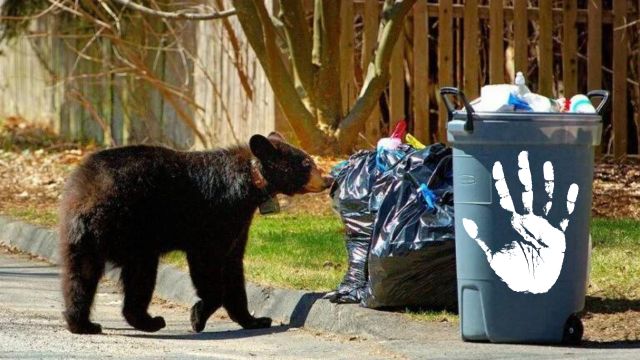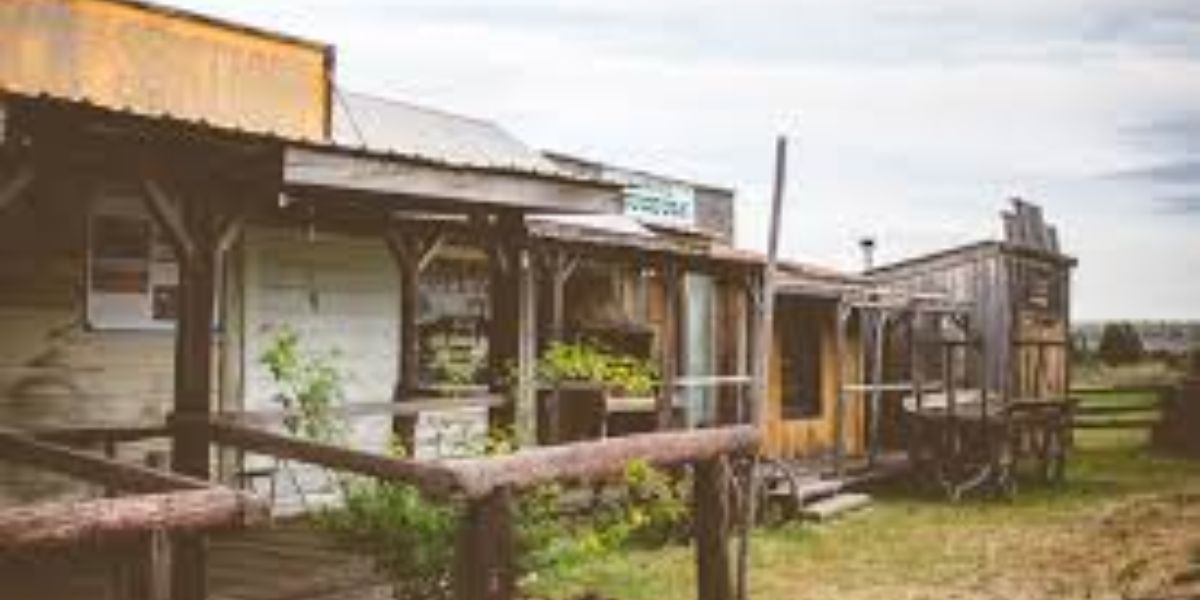Recent incidents in Massachusetts have drawn attention to the complexities of managing encounters with black bears, particularly in areas where human habitation intersects with wildlife territory.
Last September, a black bear was fatally shot on private property in western Massachusetts, leading to scrutiny of the shooter’s actions by environmental authorities. The individual, whose identity remains undisclosed, faced charges for hunting out of season, using an improper firearm (a shotgun), and violating the regulation that prohibits hunting within 500 feet of a dwelling.
The incident underscores the importance of understanding and adhering to wildlife regulations, especially when dealing with potentially dangerous animals like black bears. Massachusetts law permits landowners, tenants, and their immediate family members or employees to intervene if a bear is causing damage to their property. However, such actions must be taken within the bounds of legal guidelines.
In light of the increasing presence of black bears in various parts of Massachusetts, residents are urged to educate themselves on bear behavior and adopt preventive measures to mitigate potential conflicts. Recommendations include securing livestock, avoiding leaving carcasses exposed, storing feed in bear-proof containers, and employing deterrents such as guard animals.
Furthermore, residents are advised to refrain from attracting bears with supplemental food sources and to seek assistance from local bear hunters or wildlife authorities when necessary. While black bears are a natural part of Massachusetts’ ecosystem, proactive measures can help minimize human-bear interactions and promote coexistence.
By staying informed and taking proactive steps, residents can contribute to the safety of both humans and bears in shared environments.




